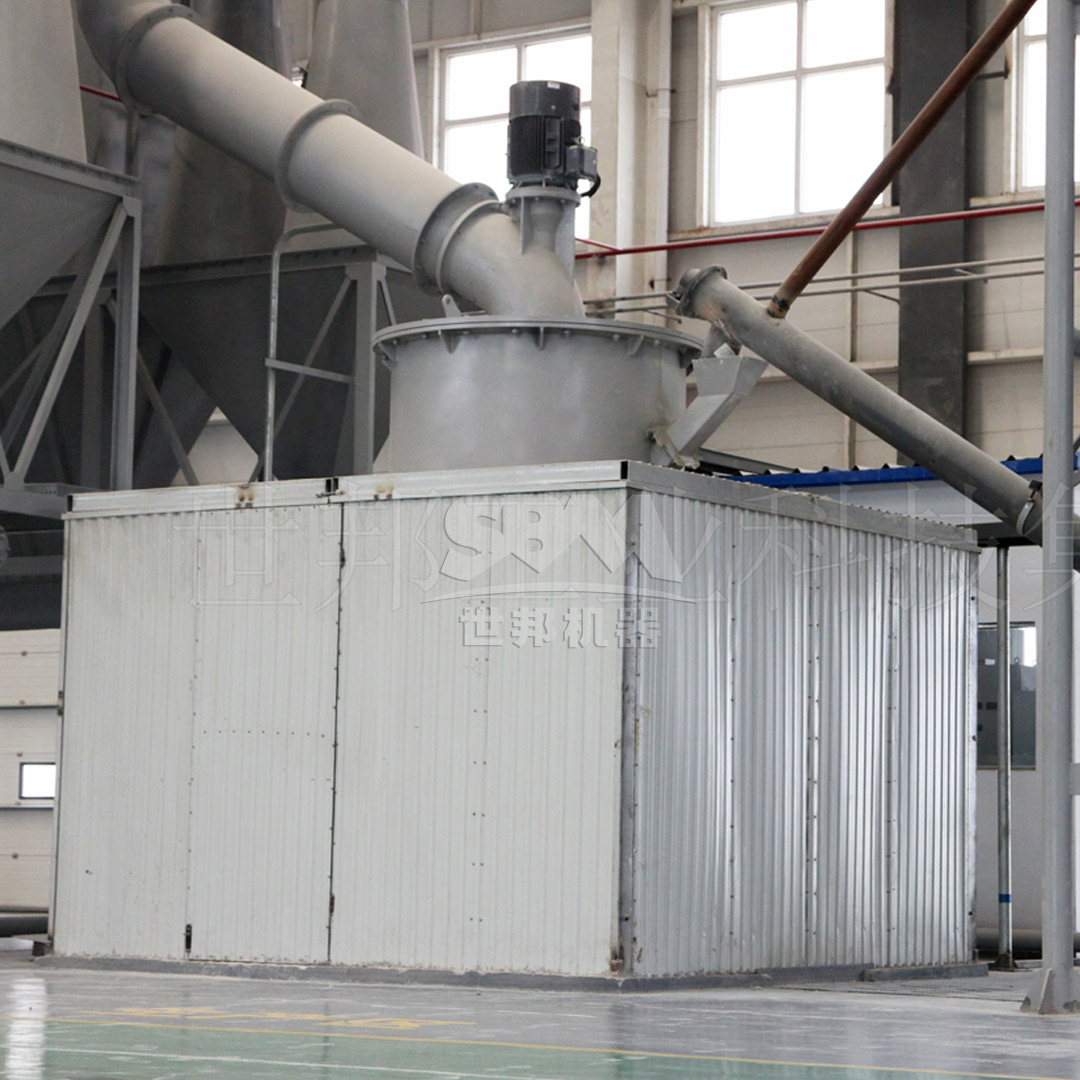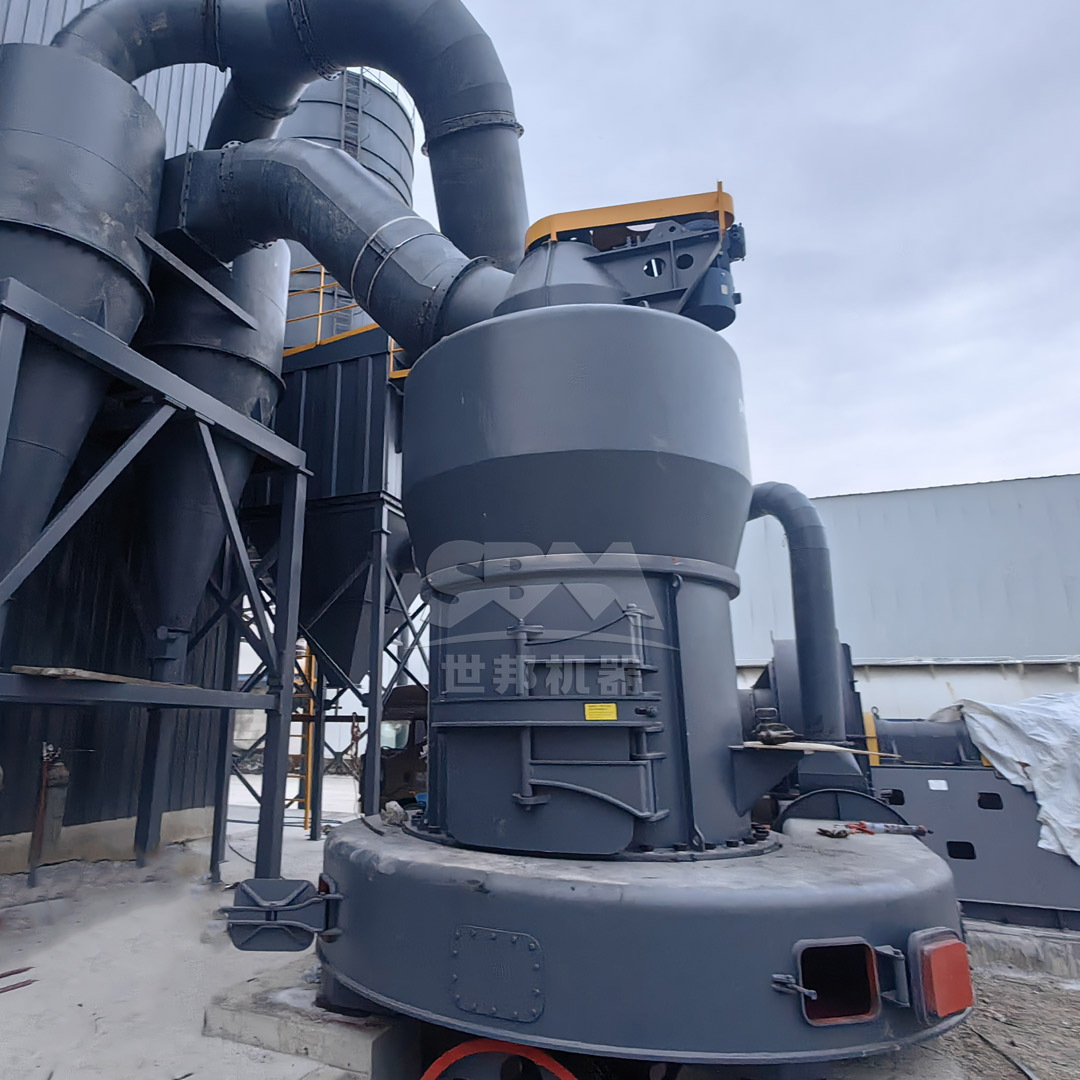The manufacturing of interior wall panels demands precise control over gypsum powder quality, as the material’s fineness, purity, and consistency directly impact panel strength, surface smoothness, and workability. Selecting an appropriate gypsum powder processing machine is therefore critical for producers aiming to achieve competitive product quality while optimizing operational costs. This article explores the key considerations in choosing gypsum processing equipment and highlights advanced solutions that meet modern production requirements.

The required fineness of gypsum powder varies depending on the specific application of interior wall panels. Standard panels typically require powder in the range of 100-325 mesh, while high-end products demanding superior surface quality may need ultrafine powder reaching 800-2500 mesh. The processing equipment must offer precise control over particle size distribution to ensure consistent product quality.
Matching equipment capacity to production requirements is essential for economic operation. Under-sized machines lead to production bottlenecks, while over-sized equipment results in unnecessary capital expenditure and energy waste. A thorough analysis of current and projected production volumes should guide the selection process.
With energy costs representing a significant portion of operating expenses, selecting energy-efficient grinding technology can substantially impact profitability. Modern gypsum processing equipment incorporates advanced design features that reduce specific energy consumption while maintaining high output quality.
Dust emissions and noise pollution are primary environmental concerns in powder processing. Equipment with integrated dust collection systems and noise reduction features helps manufacturers meet regulatory requirements and maintain good community relations.
| Technology Type | Output Fineness Range | Typical Capacity Range | Energy Efficiency | Initial Investment |
|---|---|---|---|---|
| Ball Mill | 0.074-0.8mm | 0.65-450 t/h | Medium | Low-Medium |
| Raymond Mill | 30-325 mesh | 3-22 t/h | Medium-High | Medium |
| Vertical Roller Mill | 30-325 mesh | 3-250 t/h | High | High |
| Ultrafine Grinding Mill | 325-2500 mesh | 0.5-25 t/h | Very High | High |
For manufacturers targeting the premium segment of interior wall panels, where exceptional surface finish and strength are paramount, the SCM Ultrafine Mill represents an optimal solution. This advanced grinding system produces gypsum powder with fineness ranging from 325 to 2500 mesh (D97≤5μm), making it ideal for high-density panels with superior surface characteristics.
The SCM series incorporates several technological advantages specifically beneficial for gypsum processing:
The working principle involves a main motor driving multiple grinding rings in layered rotation. Material is dispersed into the grinding path by centrifugal force, undergoing progressive compression grinding across multiple stages. The final product is collected through a combination of cyclone collectors and pulse dust removal systems, ensuring high recovery rates and minimal environmental impact.

| Model | Processing Capacity (t/h) | Main Motor Power (kW) | Feed Size (mm) | Output Fineness (mesh) |
|---|---|---|---|---|
| SCM800 | 0.5-4.5 | 75 | 0-20 | 325-2500 |
| SCM900 | 0.8-6.5 | 90 | 0-20 | 325-2500 |
| SCM1000 | 1.0-8.5 | 132 | 0-20 | 325-2500 |
| SCM1250 | 2.5-14 | 185 | 0-20 | 325-2500 |
| SCM1680 | 5.0-25 | 315 | 0-20 | 325-2500 |
For manufacturers focused on standard interior wall panels with balanced performance and cost considerations, the MTW Series Trapezium Mill offers an excellent combination of capacity, efficiency, and product quality. With output fineness adjustable from 30 to 325 mesh and capacity ranging from 3 to 45 tons per hour, this equipment suits medium to large-scale production facilities.
Key advantages of the MTW Series for gypsum processing include:
The operational principle involves the main motor driving grinding rollers that revolve around the central axis while simultaneously rotating to generate centrifugal force. Shovels propel material into the space between grinding rings and rollers, forming a material bed that undergoes efficient compression grinding. The integrated classification system provides precise control over final product fineness.
Gypsum’s hygroscopic nature requires careful moisture control during processing. Both the SCM Ultrafine Mill and MTW Trapezium Mill can be equipped with integrated drying systems that maintain optimal moisture levels throughout the grinding process, preventing material clogging and ensuring consistent powder flow characteristics.
For interior applications, gypsum whiteness is an important quality parameter. The non-contact grinding principles employed in both recommended mills minimize iron contamination, preserving the natural whiteness of gypsum without requiring additional bleaching agents.
Modern interior wall panels often incorporate additives and modifiers to enhance specific properties. The precision classification systems in both mills allow producers to tailor particle size distribution to optimize performance when working with formulated gypsum compositions.

The selection between ultrafine and standard grinding technology should be guided by a comprehensive economic analysis that considers:
Selecting the appropriate gypsum powder processing machine is a strategic decision that impacts product quality, production efficiency, and business profitability. For premium interior wall panels requiring exceptional surface quality, the SCM Ultrafine Mill provides unmatched performance in the ultrafine range. For standard panel production with emphasis on operational economics, the MTW Series Trapezium Mill offers an optimal balance of capacity, efficiency, and product quality. Manufacturers should carefully assess their specific product requirements, capacity needs, and economic objectives when choosing between these advanced technologies to ensure optimal alignment with their business strategy.
Both solutions incorporate the latest advancements in grinding technology, offering energy efficiency, environmental compliance, and operational reliability that meet the demanding requirements of modern gypsum panel production. By selecting equipment matched to their specific needs, producers can achieve sustainable competitive advantage in the dynamic interior wall panel market.